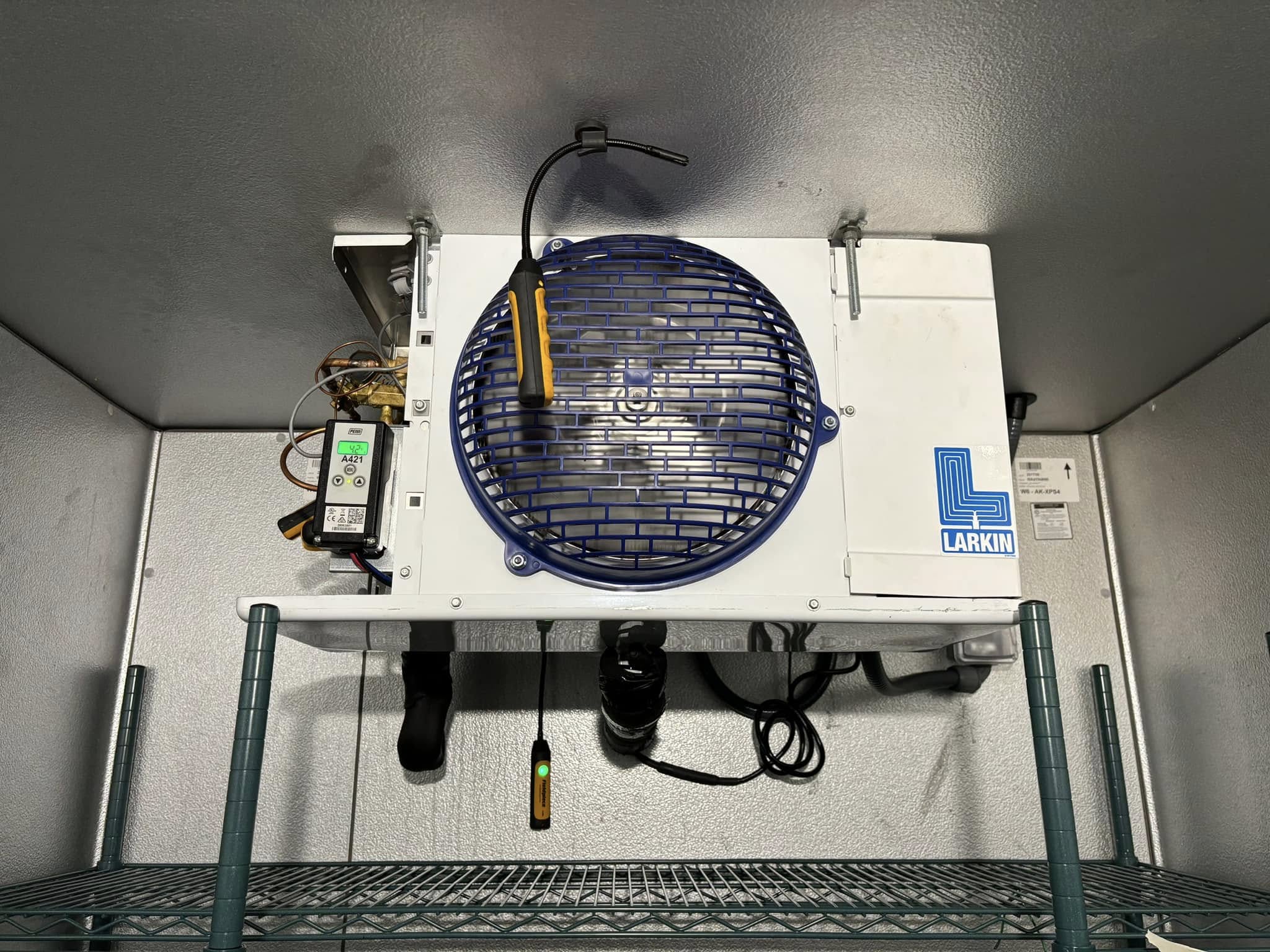
The Ultimate Guide to Choosing the Right Air Filter for Your Home Nov 16, 2025
Air filters play a vital role in maintaining indoor air quality by capturing dust, pollen, mold spores, and other airborne particles. Choosing the right filter is not merely about improving air quality; it also influences the efficiency of your HVAC system and energy usage. With that in mind, understanding filter ratings and types is the first step.
The most common measurement for air filter effectiveness is the MERV or Minimum Efficiency Reporting Value. MERV ratings range from 1 to 20, with higher numbers signifying better filtration performance. For most homes, a MERV rating between 8 and 13 is generally sufficient. A filter within this range effectively captures pollutants without overburdening your HVAC system.
Another consideration when selecting your filter is the type. Several options include fiberglass, pleated, and HEPA filters. Fiberglass filters are the most affordable and are suitable for basic filtration needs, capturing larger particles like lint and dust. Pleated filters, on the other hand, offer a higher MERV rating and are more efficient at trapping smaller particles such as pollen and pet dander. HEPA filters are the gold standard, capturing up to 99.97% of particles but are typically reserved for specific systems due to their dense filtration material.
Beyond technical specifications, it’s essential to consider your household and environmental factors. If anyone in your family suffers from allergies or asthma, opting for a higher MERV rating or a HEPA filter will provide superior protection by reducing allergen levels. Homes with pets might also benefit from pleated filters, which are more effective at catching pet hair and dander.
In addition to filtering capacity, the frequency of filter replacement is also important. Most HVAC filters should be replaced every 90 days, but this can change based on your specific conditions. Homes with pets, allergy sufferers, or in high-pollution areas might need more frequent changes. Remember, a clean filter not only ensures better air quality but also enhances the efficiency and longevity of your HVAC system.
When making a final decision, consider your HVAC system's requirements. Some systems are not compatible with high-MERV or HEPA filters due to airflow restrictions. Always consult with a professional or refer to your HVAC system manual to ensure compatibility.
Choosing the right air filter is a small investment with significant returns on health, comfort, and cost savings. At DB Heating and Air, we’re committed to helping you make informed decisions that enhance your living environment. If you're ever in doubt about which air filter to choose, our team is readily available to offer advice tailored to your needs.
In conclusion, selecting the right air filter involves understanding MERV ratings, filter types, and aligning them with your household's specific requirements. Whether it's balancing efficiency with air quality or ensuring compatibility with your HVAC system, the choice of air filter can make a substantial difference. For professional advice and support, reach out to DB Heating and Air, where your comfort is our priority.
/filters:no_upscale()/media/ef03927b-6d81-407c-9618-4041ef4a30c3.jpeg)